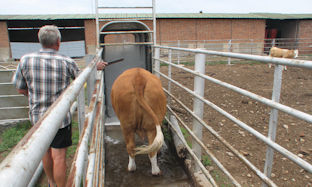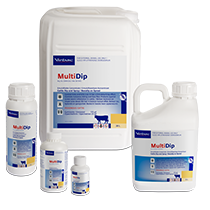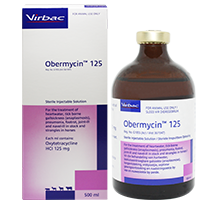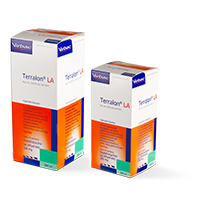
Tick-borne diseases : Heartwater
Heartwater is a tick-borne disease that causes huge losses due to deaths in livestock.
The incubation period can vary from 9 to 35 days with an average of 18 days, from when the heartwater tick (Bont tick) attaches and bites the animal until symptoms are observed.
Heartwater can be transmitted by carriers who do not show signs of illness. The carriers can be cattle that have already recovered from the disease. Antelopes, guinea fowls and rabbits are other examples of carriers.
Calves have resistance for a month after birth.
The disease can manifest differently eg. in some cases deaths occur without other symptoms being seen; sometimes there are nervous symptoms, with or without diarrhea; fever, with mild nervous symptoms or sometimes just rapid breathing. The nervous symptoms can vary from lethargy, “high" stepping movements, chewing movements and the head being pressed against objects.
The Ehrlicia ruminantium parasite causes blood vessel walls to become more permeable, and plasma (moisture with proteins) leaks from the blood vessels. This then leads to moisture accumulation in tissue and around organs such as the heart sack.
On post-mortem examination, fluid will be seen pooling around the heart, in the chest and inside the lungs. On a brain smear, the organism will be visible in the blood vessels.
To control heartwater, the Bont tick must be controlled. Belly dip with a water-soluble dip can be used weekly if new animals are introduced to a heartwater area. After that you can dip every 2-3 weeks. Animals must be exposed to the parasite in order to establish a stable endemic situation.
If animals show any signs of illness, treatment with Oxytetracycline must be administered as quickly as possible. Short-acting oxytetracycline can be administered intravenously. Long-acting oxytetracycline can be administered intramuscularly, as indicated on the package insert. Use a good oxytetracycline product that quickly achieves therapeutic levels eg. Terralon LA (G2676).
Animals can be vaccinated with a blood substance that can be administered by your veterinarian, which is followed up with an Oxytetracycline treatment when a fever reaction is observed.
Animals can also be treated to block heartwater. Here a long-acting Oxytetracycline is used, as often as every 14-18 days, to make sure they are exposed to the parasite, and then treated.
60092301HF




